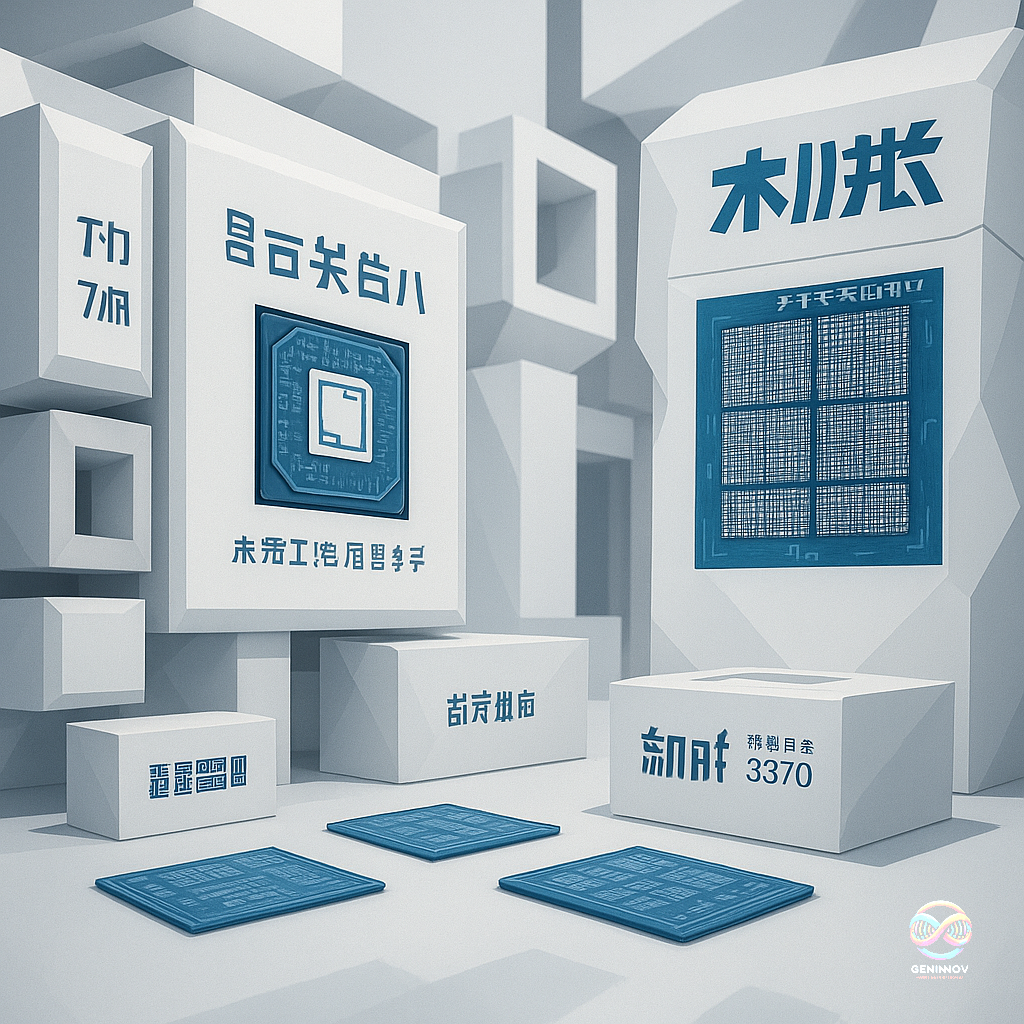The tech world is witnessing a fascinating dance between two product launch strategies. In the "Big Bang" approach, companies like Apple and NVIDIA orchestrate grand events, complete with captivating presentations and cheering crowds, to unveil their latest innovations. This approach thrives on the spectacle of grand visuals and streaming media to generate a wave of excitement.
Apple's recent iPad launch is a prime example. It not only captured the attention but also stood out among the numerous launches this year despite the lack of pathbreaking advancements. These events are about introducing perfected, user-ready products. They build momentum around the brand, transforming launches into cultural phenomena.
Then there is the "stealth" approach. This method, characterized by incremental updates as in many software and operating systems (Apple excepted) and under-the-radar feature releases, often escapes the attention of mainstream media.
This is ok, except maybe this week. There is a powerful, mysterious “iam-a-good-gpt2-chatbot” (and another equally lovely named version) that is shocking the small number of users with access. Possibly, this is OpenAI's GPT-5 Beta, if Sam Altman’s tweet “I have a soft spot for get-2” has any meaning. Apparently, it exhibits abstract thinking at a level deemed unachievable so far. If true, GPT-5 could unlock a new era of GenAI applications.
While the 'stealth' approach may lack the fanfare, it offers unique advantages. It allows developers to refine and iterate on their technology without the pressure of meeting deadlines for major events. This is particularly crucial in the rapidly evolving AI landscape, where continuous progress is key to maintaining a competitive edge. The 'stealth' approach, therefore, plays a significant role in the tech industry, enabling companies to make steady advancements without the need for grand announcements.
The stealth approach extends beyond OpenAI and GPT-5. Google's recent Med-Gemini apparently “destroys GPT benchmark and outperforms doctors.”( https://bit.ly/3UBsr8K). In the academic arena, a team discussed CRISPR-GPT to automate the design of gene editing (https://bit.ly/4a8cqNf). In the least, these announcements on AI applications in diagnostics and drug discovery exemplify the power of incremental advancements. Similarly, companies are continuously unveiling new capabilities and features through online platforms within the robotics field, steadily progressing toward the goal of commercially viable robots for various applications.
Big events and announcements are fine, but one wonders whether they also become distractions and introduce delays that could prove costly in the supercharged GenAI era. Most importantly, half-baked products may not get great reviews or allow the CEOs to spring surprises, but they allow their producers to experiment and find the right direction. Perhaps it is something for Apple to reconsider.



